Studying in the United States is a coveted goal for many international students, offering access to world-class education, cutting-edge research opportunities, and a diverse cultural environment. However, the financial burden of tuition fees, accommodation, and other living expenses can make it challenging for students to pursue their academic aspirations. Fortunately, several fully funded and partial scholarship programs in the USA provide international students with the financial support needed to achieve their dreams.
These scholarships, funded by the U.S. government, universities, and private organizations, aim to attract talented individuals from across the globe to contribute to the rich academic landscape of American institutions. Whether you're looking to pursue a bachelor's, master's, or doctoral degree, these scholarship programs cover tuition fees, living stipends, travel expenses, and even health insurance in some cases.
Applying for scholarships in the USA requires a thorough understanding of eligibility criteria, application deadlines, and required documentation. Some scholarships are merit-based, while others focus on financial need, leadership potential, or specific fields of study such as STEM, business, or social sciences. By securing a scholarship, international students can gain access to top-tier education, develop their professional skills, and build a global network of peers and mentors.
In this guide, we present the top 10 best scholarships in the USA for international students in 2026, offering insights into eligibility requirements, benefits, and how to apply successfully. Whether you're aiming for the prestigious Fulbright Scholarship, merit-based awards from Ivy League universities, or research-focused funding, this list provides a comprehensive overview of the best opportunities available to support your educational journey in the United States.
Top 10 Scholarships in USA for International Students 2026
- Fulbright Foreign Student Program - A Fully funded Scholarship in USA for International Students
- Hubert H. Humphrey Fellowship Program - A prestigious, fully funded Scholarship.
- AAUW International Fellowships - Empowering women worldwide through education and leadership.
- Joint Japan/World Bank Graduate Scholarship Program (JJ/WBGSP) - Empowering future leaders to drive sustainable development worldwide.
- Rotary Peace Fellowships - Building global peace through education and leadership.
- Yale University Scholaships - Empowering bright minds with world-class education and financial support.
- Stanford University Scholarships - Covers tuition, living expenses, and additional costs such as travel and research.

Fulbright Foreign Student Program- Covers tuition, living costs, travel, and health insurance.
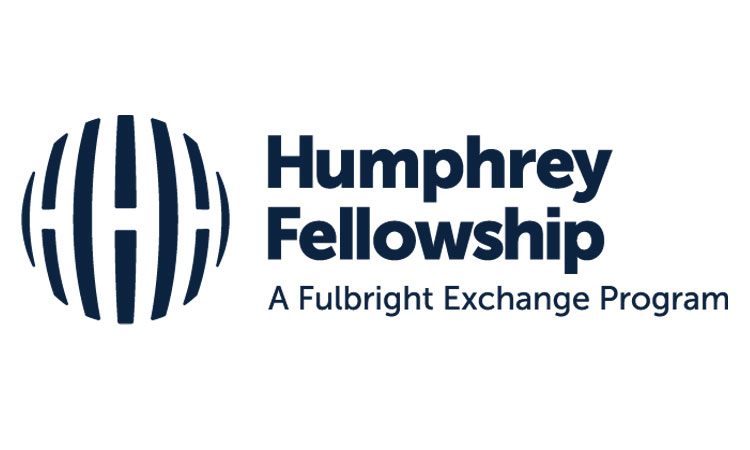
Hubert H. Humphrey Fellowship Program - fully funded scholarship for MidCareer professionals from designated countries.
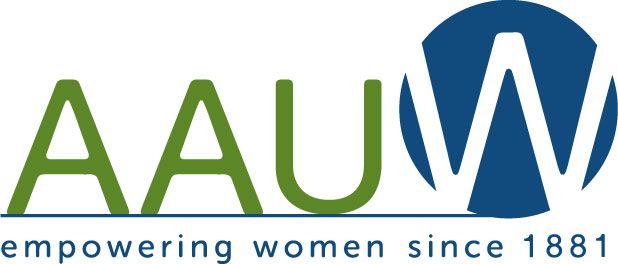
Empowering women worldwide through education and leadership.

Empowering future leaders to drive sustainable development worldwide.
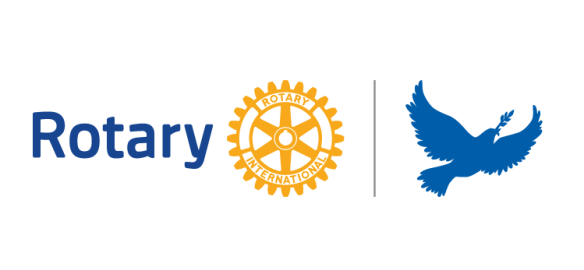
The Rotary Peace Fellowship- offers master's degrees and professional certificates at top universities, covering tuition, living expenses, and practical training.

Yale University offers need-based financial aid covering 100% of demonstrated need for U.S. and international students, providing grants, scholarships, and work-study options.
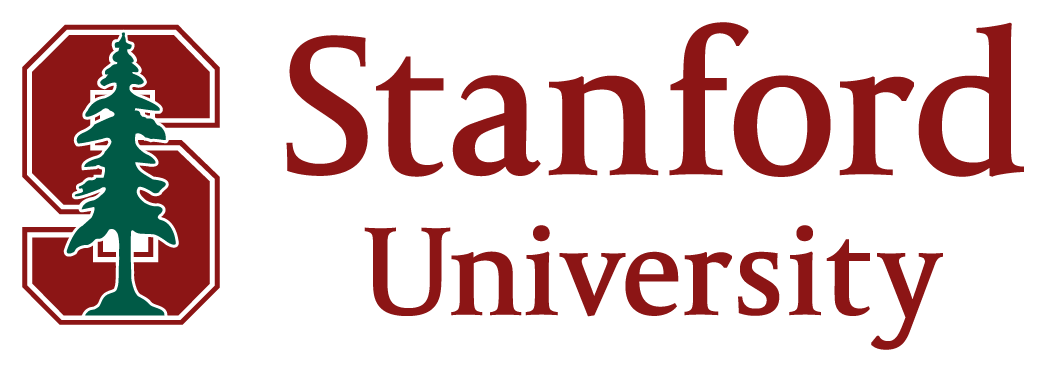
Covers tuition, living expenses, and additional costs such as travel and research.
Here is detail about each scholarship.


The Fulbright Foreign Student Program is a prestigious scholarship initiative funded by the U.S. government, designed to provide international students, young professionals, and artists with the opportunity to pursue graduate-level study and research in the United States. Established in 1946, the program aims to foster mutual understanding between nations through educational and cultural exchange.
Each year, thousands of applicants from over 160 countries compete for the chance to study at leading U.S. universities under this fully funded program. Fulbright scholars benefit not only from academic training but also from opportunities to engage with diverse cultures, participate in community outreach, and build professional networks that span the globe. The program's comprehensive support, from tuition coverage to living stipends and travel expenses, makes it one of the most sought-after scholarships worldwide.
The application process is rigorous, requiring strong academic credentials, leadership potential, and a commitment to returning home to contribute to national development. Despite its challenges, the Fulbright Program is a transformative experience that empowers scholars to make a meaningful impact in their fields and communities.
Pros
Fully Funded – Covers tuition, living expenses, travel, and health insurance.
Global Recognition – Enhances career prospects with a prestigious scholarship.
Extensive Networking – Connects scholars with professionals worldwide.
Diverse Opportunities – Available for a wide range of academic fields.
Personal Growth – Encourages leadership, adaptability, and cross-cultural skills.
Cons
Highly Competitive – Limited spots with thousands of applicants.
Home Residency Requirement – Must return home for at least two years post-program.
Cultural Adjustment – Adapting to a new environment can be challenging.
Intensive Commitment – Demands high academic performance and engagement.
Limited Flexibility – Scholars must follow strict guidelines and program rules.


The Hubert H. Humphrey Fellowship Program is a prestigious, fully funded initiative sponsored by the U.S. Department of State. It provides mid-career professionals from designated countries with an opportunity to enhance their leadership and professional skills through graduate-level academic coursework and practical experiences in the United States. Named after former U.S. Vice President Hubert H. Humphrey, the program aims to foster mutual understanding and strengthen leadership capacities among professionals committed to public service.
Unlike traditional degree programs, the Humphrey Fellowship focuses on non-degree academic study combined with professional development. Fellows spend approximately 10 months at a leading U.S. university, where they participate in specialized workshops, networking events, and practical training experiences, including field visits and professional affiliations. The program is highly competitive and selects candidates based on their leadership potential, commitment to public service, and professional accomplishments.
Fields of study under the Humphrey Fellowship include public administration, education, environmental policy, human rights, law, technology policy, and public health, among others. The program is designed to help participants develop problem-solving skills, gain insight into U.S. society and culture, and establish connections with peers and professionals in their respective fields.
Upon completion, Humphrey Fellows return to their home countries equipped with new knowledge, skills, and a strong professional network that empowers them to drive positive change within their organizations and communities.


The AAUW International Fellowships, offered by the American Association of University Women (AAUW), are prestigious and fully funded scholarships designed to support non-U.S. women pursuing full-time graduate or postgraduate studies in the United States. Established in 1917, this fellowship program aims to empower women through education, enabling them to become leaders and catalysts for change in their home countries.
The fellowship is available for master’s, doctoral, and postdoctoral studies across various disciplines, including science, technology, engineering, mathematics (STEM), social sciences, humanities, and the arts. AAUW awards are highly competitive and provide financial support to cover tuition fees, living expenses, travel, and educational materials. The program encourages recipients to return to their home countries to contribute to the advancement of women and girls, making it a key driver for gender equality and social impact worldwide.
One of the unique aspects of the AAUW International Fellowships is its focus on fostering a strong network of women leaders and advocates. Fellows gain access to mentorship, leadership development opportunities, and a global community of professionals who share a commitment to gender equity.
While the fellowship provides invaluable financial and professional support, it does come with some limitations, such as the requirement to study only at accredited U.S. institutions and the expectation to return home after program completion. Additionally, the highly competitive nature of the fellowship means that only a limited number of applicants are selected each year.
Pros
Provides up to $50,000 to cover tuition, living costs, travel, and dependent child care.
Exclusively available for women who are not U.S. citizens or permanent residents.
Supports a broad range of academic disciplines at accredited U.S. institutions.
Encourages fellows to return home and contribute to gender equity initiatives.
Connects fellows with a global community of women professionals and leaders.
Cons
Restricts candidates to pursuing studies only in the United States.
Limited spots available, making it challenging to secure funding.
The fellowship is awarded for one academic year only, with no option for extension.
Fellows are expected to return to their home countries after program completion.
Applicants must demonstrate a commitment to advancing women's issues.


The Joint Japan/World Bank Graduate Scholarship Program (JJ/WBGSP) is a prestigious and fully funded initiative aimed at empowering students from developing countries to pursue graduate studies in development-related fields. Sponsored by the Government of Japan and administered by the World Bank, the program seeks to foster economic and social progress by equipping professionals with advanced knowledge and skills to address critical development challenges in their home countries.
The JJ/WBGSP provides opportunities for students to undertake master's degree programs at participating universities across the world, with a focus on key areas such as economic policy, public administration, infrastructure management, health, and education. Scholars benefit from a full financial package that covers tuition fees, living stipends, travel expenses, and health insurance.
A distinctive feature of the program is its requirement that scholars return to their home countries upon completion of their studies to contribute to national development efforts. This aligns with the World Bank's mission to reduce poverty and enhance shared prosperity by strengthening human capital in developing nations.
With a rigorous selection process based on academic excellence, professional experience, and a demonstrated commitment to development, the JJ/WBGSP offers an unparalleled opportunity for aspiring development professionals to enhance their careers while contributing to meaningful social and economic change.
Pros
Covers tuition fees, travel costs, a monthly stipend, and health insurance.
Offers study opportunities at renowned universities worldwide.
Helps scholars acquire practical knowledge to address development challenges.
Enhances career prospects in government, NGOs, and international organizations.
Provides access to a global network of development professionals and alumni.
Cons
Scholars must return to their home countries for at least two years, limiting career opportunities abroad.
Thousands of applicants compete for a limited number of scholarships.
Focuses only on development-related disciplines, excluding other fields.
Requires applicants to have relevant professional experience, making it less accessible to fresh graduates.
The scholarship covers only a single master's degree with no extension options.


The Rotary Peace Fellowship is a globally recognized, fully funded program designed to equip individuals with the skills and knowledge required for peacebuilding and conflict resolution. Sponsored by Rotary International, this prestigious fellowship supports talented professionals seeking to pursue master’s degrees or professional development certificates at top universities around the world. The program focuses on training individuals committed to promoting peace, reducing conflict, and addressing social issues in their communities and beyond.
Rotary Peace Fellowships are available at leading institutions such as Duke University (USA), University of Queensland (Australia), and Uppsala University (Sweden), offering fellows world-class academic experiences combined with practical fieldwork. The fellowship includes full tuition coverage, living stipends, travel expenses, and funding for internships and field studies.
With a strong emphasis on applied learning, fellows engage in field experiences, research projects, and collaboration with peace organizations, ensuring they gain the hands-on experience needed to make a tangible impact in conflict-affected areas. The program fosters a vast network of alumni working in governmental and non-governmental organizations, policy-making bodies, and international peace organizations.
Despite its many advantages, the Rotary Peace Fellowship is highly competitive and requires applicants to have relevant work experience in peace and conflict resolution. The fellowship is not available for doctoral studies, which may limit opportunities for those seeking further academic qualifications beyond a master’s degree or professional certification.
Key Features of the Rotary Peace Fellowship
Fully Funded Scholarship: Covers tuition, travel, living expenses, and fieldwork costs.
Global Study Opportunities: Available at leading universities across the USA, UK, Australia, Japan, Sweden, and Uganda.
Practical Experience: Includes internships, workshops, and on-the-ground field assignments.
Professional Development: Equips fellows with leadership, negotiation, and conflict resolution skills.
Global Alumni Network: Connects fellows with peace practitioners and experts worldwide.
Pros
Covers tuition, living expenses, and fieldwork costs.
Connects fellows with peace professionals and organizations worldwide.
Offers practical training through internships and field assignments.
Opens doors to roles in NGOs, government, and international organizations.
Study at top universities specializing in peace and conflict studies.
Cons
Limited spots with thousands of applicants worldwide.
Requires prior professional experience in peace or development sectors.
Only available for master’s and professional development programs.
Study options restricted to select partner universities.
Fellows are encouraged to apply their knowledge in their home countries.

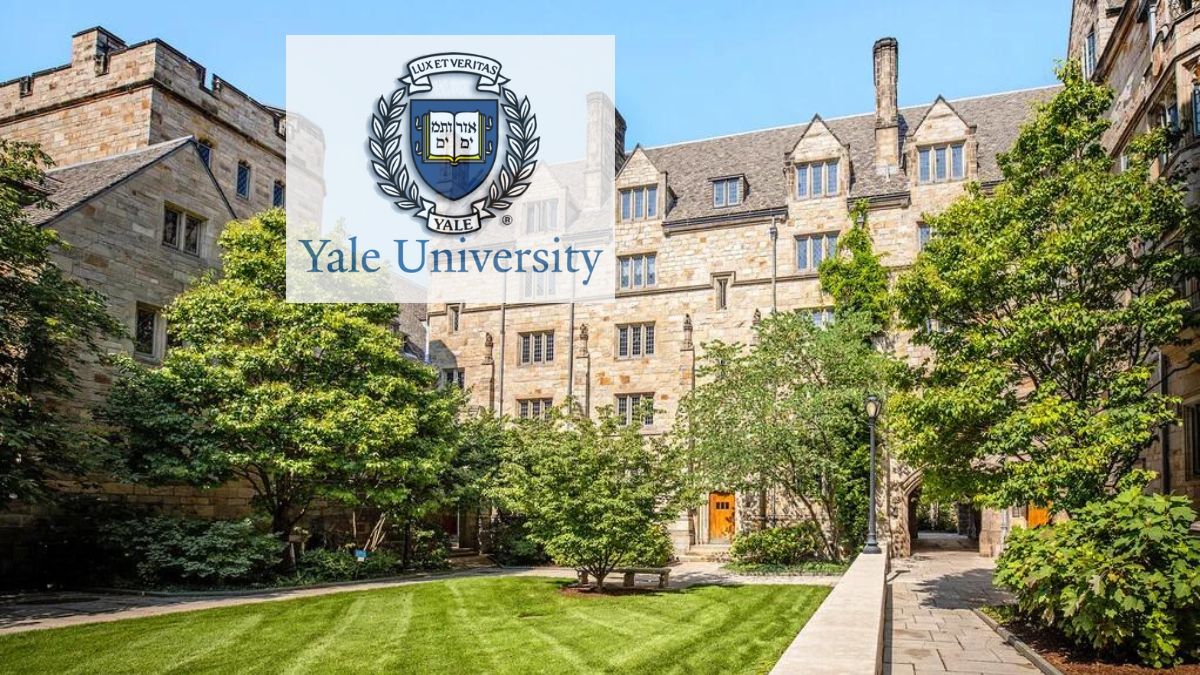
Yale University, known for its commitment to academic excellence and accessibility, offers a robust financial aid program that ensures students from diverse financial backgrounds can afford a world-class education. The university follows a need-blind admission policy for both U.S. and international applicants, meaning financial need does not impact admission decisions. Yale is dedicated to meeting 100% of demonstrated financial need, offering generous scholarships, grants, and work-study opportunities to cover tuition, housing, meals, books, and personal expenses—without requiring loans. The Yale Scholarship, a need-based grant provided to students, ranges from a few hundred dollars to over $70,000 per year, with the average award exceeding $50,000 annually. Additionally, the financial aid package includes funding for research projects, unpaid internships, and study abroad programs, ensuring students can fully engage in academic and extracurricular opportunities without financial burdens.
Graduate and professional students at Yale benefit from a variety of funding opportunities, including fellowships, research assistantships, and teaching assistantships, which provide financial support in the form of tuition remission and stipends. Each graduate and professional school at Yale has its own financial aid policies and funding sources, tailored to the specific needs of their programs. Students pursuing graduate degrees in law, medicine, business, and other fields can access specialized financial aid programs, offering substantial grants and fellowships based on academic merit and need. Yale’s commitment to diversity and inclusion extends to financial aid, with targeted initiatives supporting students from underrepresented communities and developing countries. While the application process is rigorous, requiring documents such as the CSS Profile and tax returns, Yale’s financial aid policies ensure that students graduate with minimal or no debt, making it an attractive choice for high-achieving students worldwide.
Pros
Yale meets 100% of demonstrated financial need without loans.
Admission decisions are not influenced by financial status.
Aid is available to both U.S. and international students.
Covers research, internships, and study abroad programs.
Generous grants allow students to graduate without financial burden.
Cons
Financial aid and admission are extremely selective.
Requires extensive documentation and verification.
Most scholarships are based solely on financial need.
Financial aid may not fully cover personal expenses.
Aid must be reapplied for each academic year.

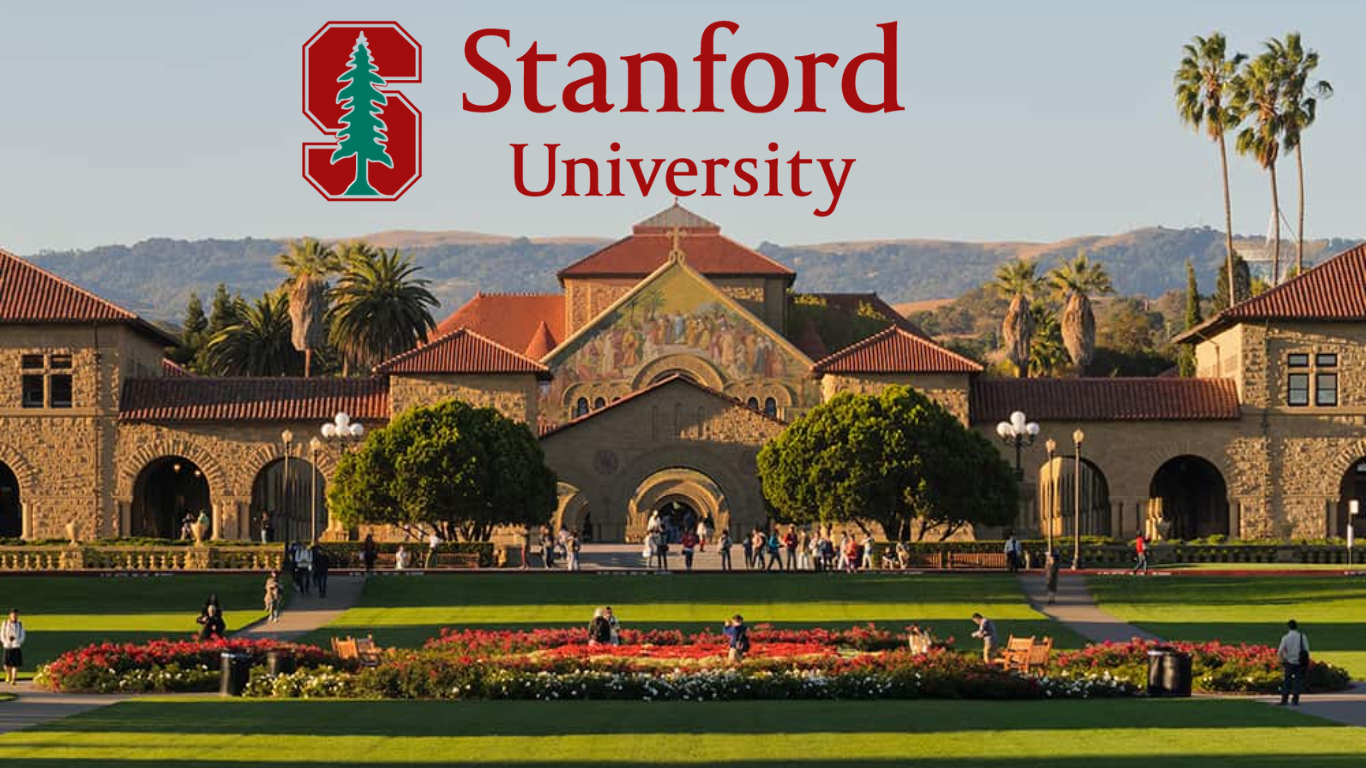
Stanford University, globally renowned for its academic excellence and innovation, offers a variety of fully funded and partial scholarships to support talented students from around the world. These scholarships are available for undergraduate, graduate, and doctoral programs, ensuring that financial constraints do not hinder access to high-quality education. Stanford provides need-based and merit-based financial aid, covering tuition fees, housing, living expenses, travel, and research costs. One of its most prestigious programs is the Knight-Hennessy Scholars Program, which offers full funding for graduate students across all disciplines, along with leadership development and mentorship opportunities. In addition, the university offers departmental fellowships, research grants, and assistantships, allowing students to gain valuable experience while receiving financial support.
For undergraduate students, Stanford follows a need-blind admission policy, ensuring that financial circumstances do not affect the admission decision. The university meets 100% of demonstrated financial need through grants and scholarships without requiring loans, allowing students to graduate debt-free. The financial aid packages include funding for tuition, room and board, and personal expenses, assessed based on family income and assets. Graduate students can benefit from multiple funding opportunities, including research and teaching assistantships, which provide tuition remission and living stipends. Additionally, Stanford encourages students to apply for external scholarships from organizations such as the Fulbright Program, AAUW, and the Gates Foundation, further expanding financial support options.
Stanford’s commitment to diversity and inclusion is evident in its extensive support for students from underrepresented backgrounds and developing countries. The university offers targeted financial aid programs to ensure equitable access to education for all admitted students. However, securing a Stanford scholarship is highly competitive, with thousands of applicants applying each year. The application process requires strong academic credentials, leadership experience, extracurricular achievements, and financial documentation such as the CSS Profile and tax returns for need-based aid. Despite the competitive nature, receiving a Stanford scholarship opens doors to world-class education, cutting-edge research opportunities, and a vast global network, making it a transformative experience for students aiming to excel in their careers.
Types of Stanford University Scholarships
Undergraduate Scholarships
Need-based financial aid for U.S. and international students.
Covers tuition, room, board, and other living expenses.
Students are evaluated based on family income and assets.
Graduate Scholarships and Fellowships
Knight-Hennessy Scholars Program (Fully funded).
Research and teaching assistantships.
Departmental fellowships based on academic merit.
External Scholarships
Students can apply for external funding from organizations like Fulbright, AAUW, and Gates Foundation.
Athletic Scholarships
Offered to talented student-athletes across various sports programs.
Pros
Generous funding covering tuition, living costs, and additional expenses for eligible students.
A Stanford scholarship enhances career prospects and opens doors globally.
Multiple scholarships available for different fields, talents, and financial backgrounds.
Cons
Extremely selective with thousands of applicants vying for limited spots.
Not all scholarships cover 100% of the costs; some may only offer partial funding.


